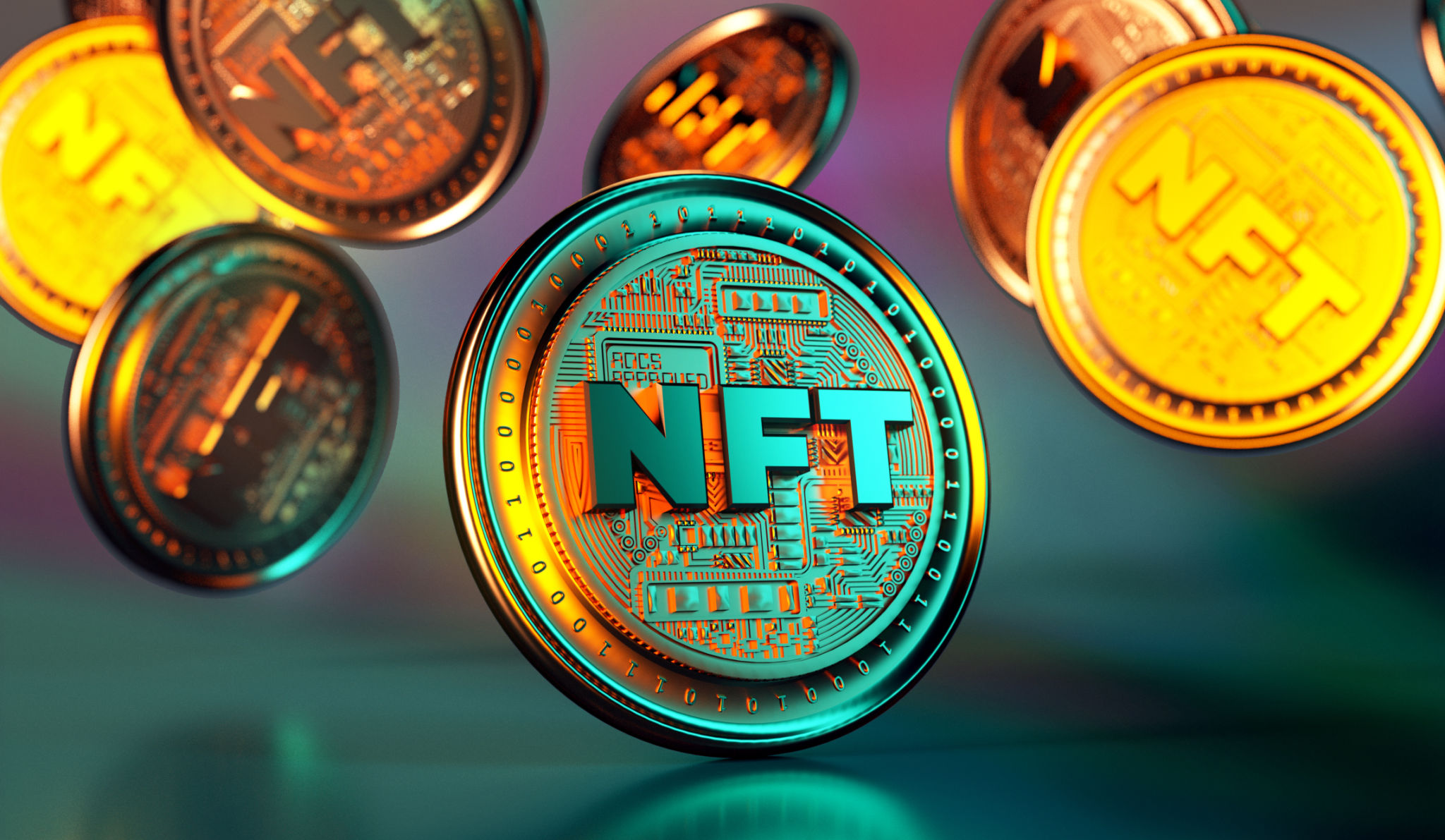The Impact of Blockchain on the Future of Restaurant Loyalty Programs
Understanding Blockchain Technology
Blockchain technology is a revolutionary digital ledger system that securely records and verifies transactions across a distributed network. Initially popularized by cryptocurrencies like Bitcoin, blockchain's decentralized nature ensures transparency, security, and immutability. Its potential extends beyond finance, offering transformative possibilities across various industries, including the restaurant sector.
In recent years, blockchain has emerged as a promising technology for enhancing customer experiences through loyalty programs. By leveraging blockchain, restaurants can create more robust and efficient loyalty systems that benefit both businesses and customers.

Enhancing Security and Transparency
One of the primary advantages of using blockchain in restaurant loyalty programs is its ability to enhance security. Traditional loyalty systems are often vulnerable to fraud and data breaches, but blockchain's encrypted and decentralized nature provides a more secure alternative. With blockchain, each transaction is recorded on a distributed ledger, making it nearly impossible to alter past data without detection.
Additionally, blockchain fosters transparency. Customers can easily verify their loyalty points and rewards through the blockchain network, ensuring trust and satisfaction in the loyalty program. This transparency can also help restaurants maintain accurate records, reducing administrative errors and disputes.
Streamlining Loyalty Programs
Blockchain can significantly streamline the management of restaurant loyalty programs. By automating processes through smart contracts, restaurants can reduce the need for manual intervention in awarding points and redeeming rewards. These self-executing contracts automatically trigger transactions when predefined conditions are met, ensuring efficiency and accuracy.

Moreover, blockchain allows for seamless integration across different platforms and locations. Restaurants with multiple branches can synchronize their loyalty programs effortlessly, providing a unified experience for customers regardless of where they dine. This integration can be particularly beneficial for franchise operations aiming to maintain consistent brand loyalty.
Empowering Customer Engagement
Blockchain-based loyalty programs can also empower customers by offering more personalized experiences. Through data analytics and customer insights derived from blockchain transactions, restaurants can better understand customer preferences and tailor rewards accordingly. This personalized approach not only enhances customer satisfaction but also increases the likelihood of repeat visits.
Furthermore, blockchain enables the creation of token-based reward systems. Restaurants can issue digital tokens as loyalty points that customers can trade or redeem for various rewards. This flexibility adds an exciting dimension to loyalty programs, encouraging customers to engage more actively with the brand.

Future Prospects and Challenges
The future of restaurant loyalty programs with blockchain is promising but not without challenges. While the technology offers numerous benefits, its implementation requires overcoming hurdles such as high initial costs and the need for technical expertise. Restaurants must weigh these considerations against the potential advantages to determine if blockchain is the right fit for their loyalty initiatives.
Despite these challenges, the impact of blockchain on restaurant loyalty programs is undeniable. As technology continues to evolve, it is likely to play an increasingly integral role in shaping how restaurants engage with their customers. By embracing blockchain, restaurants can position themselves at the forefront of innovation, driving customer loyalty and growth in an ever-competitive market.
